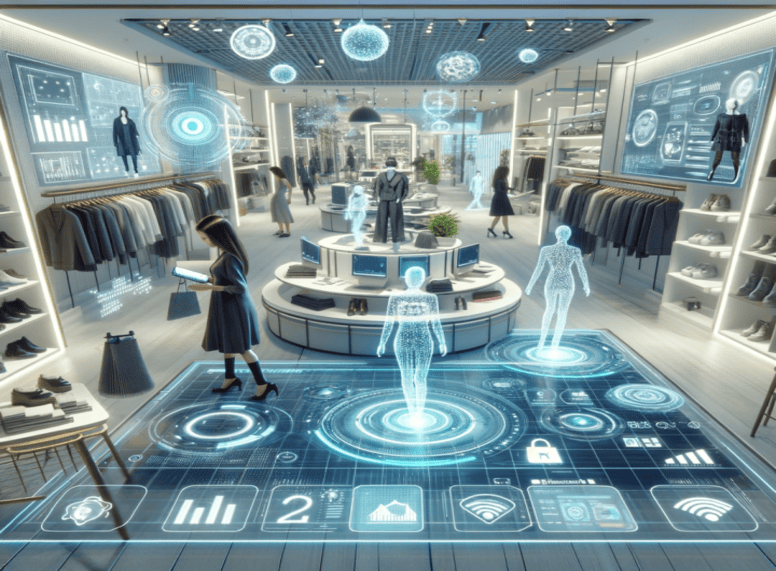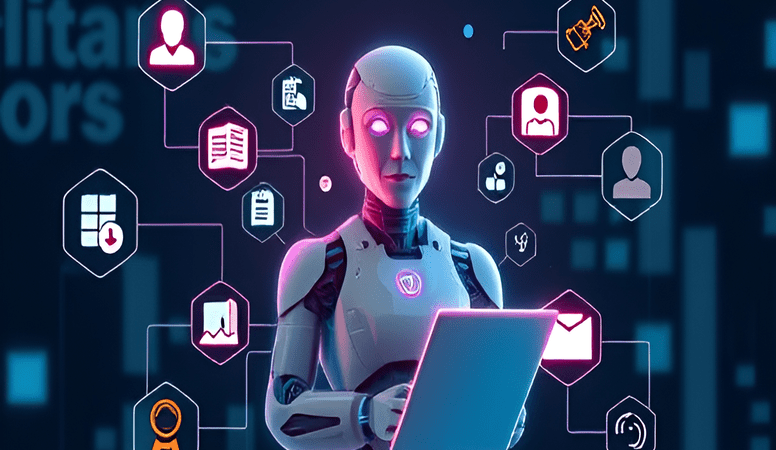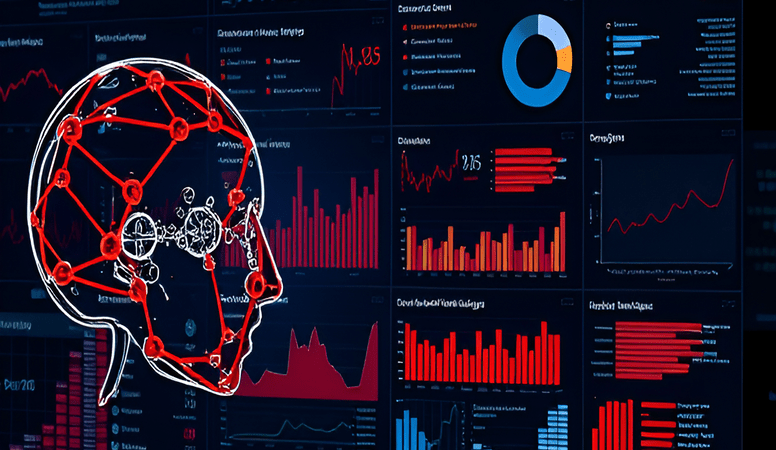Artificial Intelligence (AI) is reshaping the retail industry by enhancing customer experiences and making operations more efficient. With tools like data-driven insights, predictive analytics, and cutting-edge technology, retailers are now able to offer hyper-personalized and seamless shopping journeys. This article explores the ways AI is driving these changes.
Introduction to AI in Retail
AI in retail involves using machine learning, predictive analytics, and data-driven tools to improve how businesses operate. The main goals are to boost efficiency, personalize services, and build strong customer loyalty. As a result, retailers can meet the needs of today’s tech-savvy consumers more effectively.
Data-Driven Insights: The Foundation of AI in Retail
Data is the backbone of AI. By examining customer preferences, past purchases, and even social media interactions, retailers can gain valuable insights that shape their strategies. As a result, companies can understand and even anticipate customer needs, leading to more personalized and relevant interactions.
Streamlining Supply Chain Management
AI doesn’t just transform customer-facing experiences—it also enhances back-end operations. For example, AI-driven analytics can predict demand fluctuations, helping retailers manage their inventory more efficiently. Consequently, businesses can avoid having too much or too little stock, which improves profitability.
Image Recognition and Visual Search
Visual search, powered by AI, allows customers to find products by uploading images. As a result, shopping becomes more intuitive and efficient, especially in visually focused industries like fashion. This technology simplifies the product discovery process and makes it more engaging for customers.
Augmented Reality (AR) and Virtual Reality (VR) in Retail
AR and VR technologies provide immersive shopping experiences. For instance, customers can use virtual “try-before-you-buy” features to see how furniture would look in their home or how clothing items would fit. These tools increase customer confidence and satisfaction, making the buying process more enjoyable.
The Future of Retail with AI
AI’s role in retail is expected to become even more important in the coming years. As technology advances, retailers will likely invest more in AI solutions to boost revenue and improve customer experiences. Additionally, continuous AI developments will enable even more personalized shopping options while ensuring smooth, efficient operations.
Conclusion
AI is transforming retail in profound ways. By leveraging AI for personalization, retailers can create meaningful connections with their customers and improve operational efficiency. As technology continues to evolve, the opportunities for AI-driven innovation in retail are limitless. The future is set to be more personalized, engaging, and focused on the customer.








